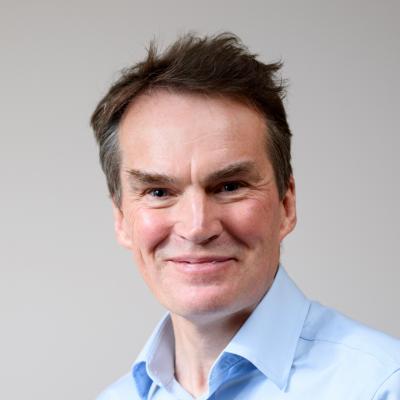
‘The strength of an organization is measured not by counting the number of successes, but by its response to failure.’
Patient safety requires transparency, accountability and leadership, not gagging clauses or a concern for organisational reputation. Ultimately this is not something that can be achieved by regulation; it needs to be lived at hospital level.
Next time we have a death or serious incident, we should benchmark our performance against a couple of examples. One is from manufacturing and one from healthcare.
As Paul O’Neill became CEO of Alcoa, a large heavy manufacturing company, he said safety was his number one priority, where the general view had been that ‘accidents happen.’
When a worker died, O’Neill was called in the middle of the night. The next day he summoned the plant executives and said: ‘We killed this man. It’s my failure of leadership. I caused his death. And it’s the failure of all of you in the chain of command.’
Overturning the view that ‘tragic accidents happen’, O’Neill made the executives work through it and take action. There is more to the Alcoa safety story, but the point here is about leadership, accountability and action, making the previously acceptable unacceptable. In 12 years Alcoa reduced injuries by 90% and increased profits.
The next example is of Beth Israel Deaconess Medical Center, one of several prestigious hospitals in Boston, in a highly competitive market. Consider how they responded to an incident of wrong-site surgery, something that should never happen, in 2008…
Dr Ken Sands, Senior VP for HealthCare Quality, and Paul Levy, CEO, emailed all employees and notified the local media to ensure that lessons were learned, or more precisely, re-learned. The quote at the top of this post comes from that email. Levy also included the full email in his blog to open up the discussion to the public.
This requires courage, but it is essential if we are to build care around the needs of the patient and not hide behind statistics, which is distressingly common. Improvement does not come from talking about the 95% of patients who had successful treatment. It is the individuals who we harm, real people with names and families, who deserve our attention.
Simon is a Quality Improvement Fellow currently spending a year the IHI in Boston, and is Divisional Medical Director, NHS Lothian. www.twitter.com/SimonJMackenzie
Work with us
We look for talented and passionate individuals as everyone at the Health Foundation has an important role to play.
View current vacanciesThe Q community
Q is an initiative connecting people with improvement expertise across the UK.
Find out more

